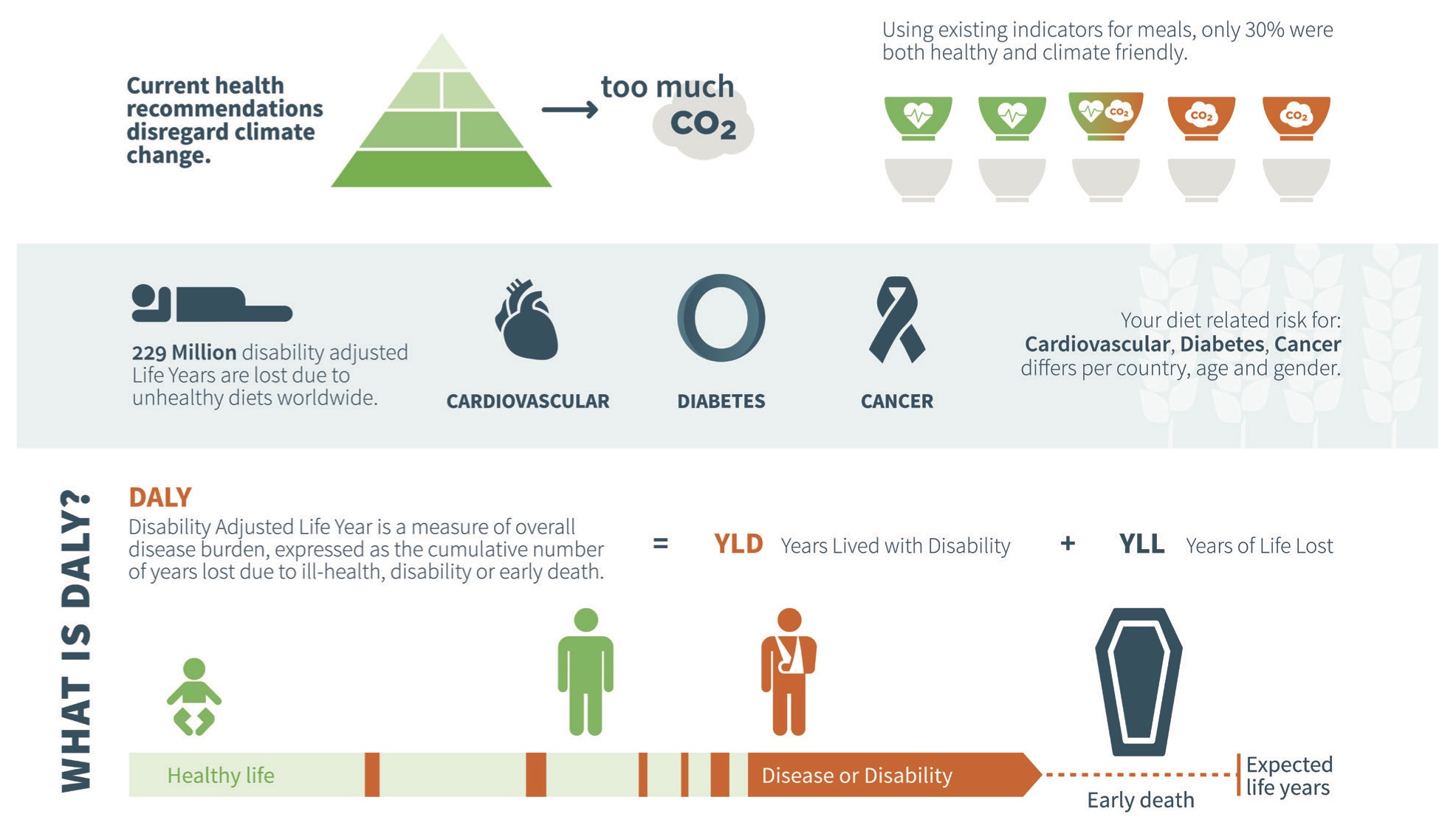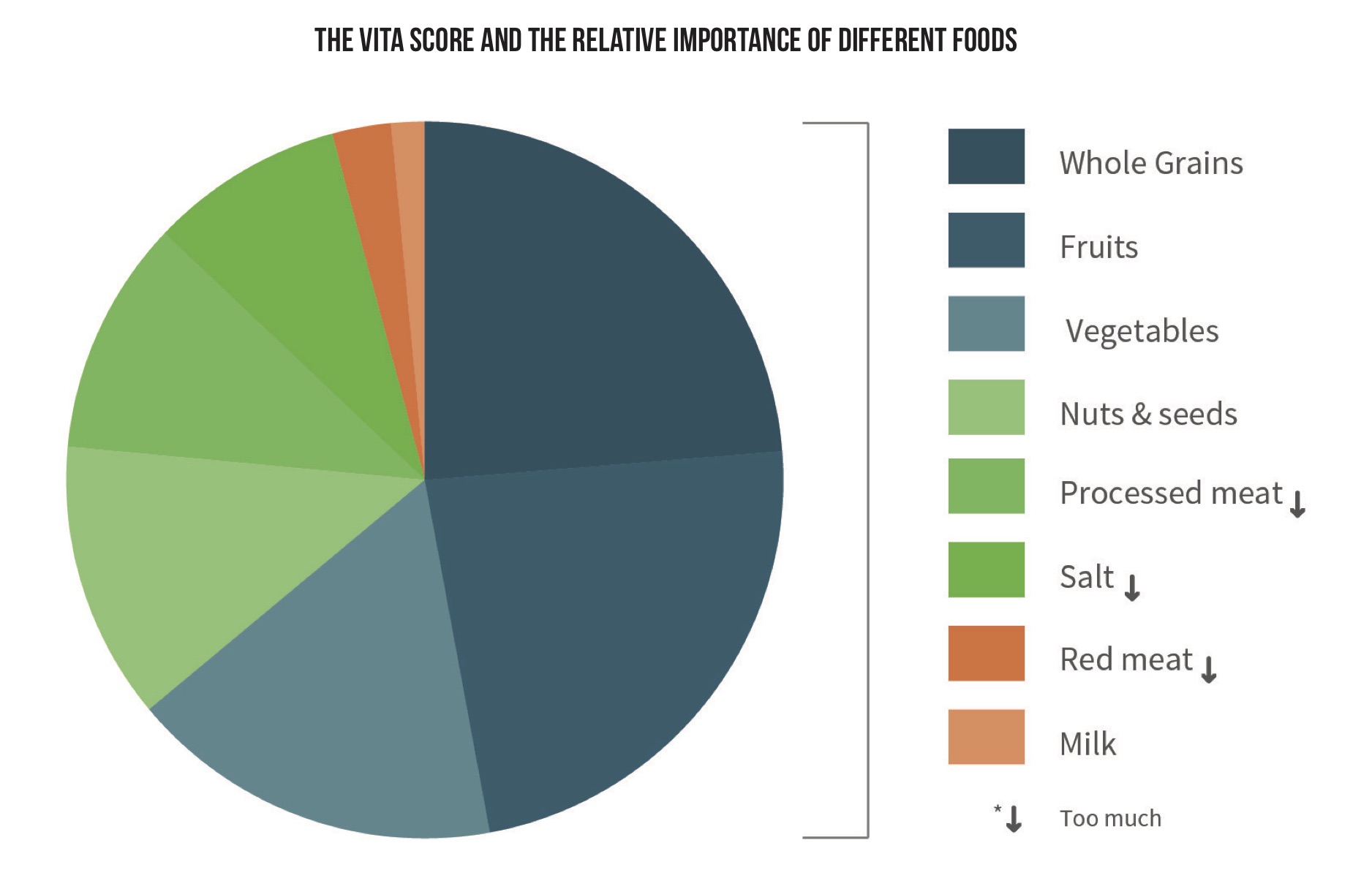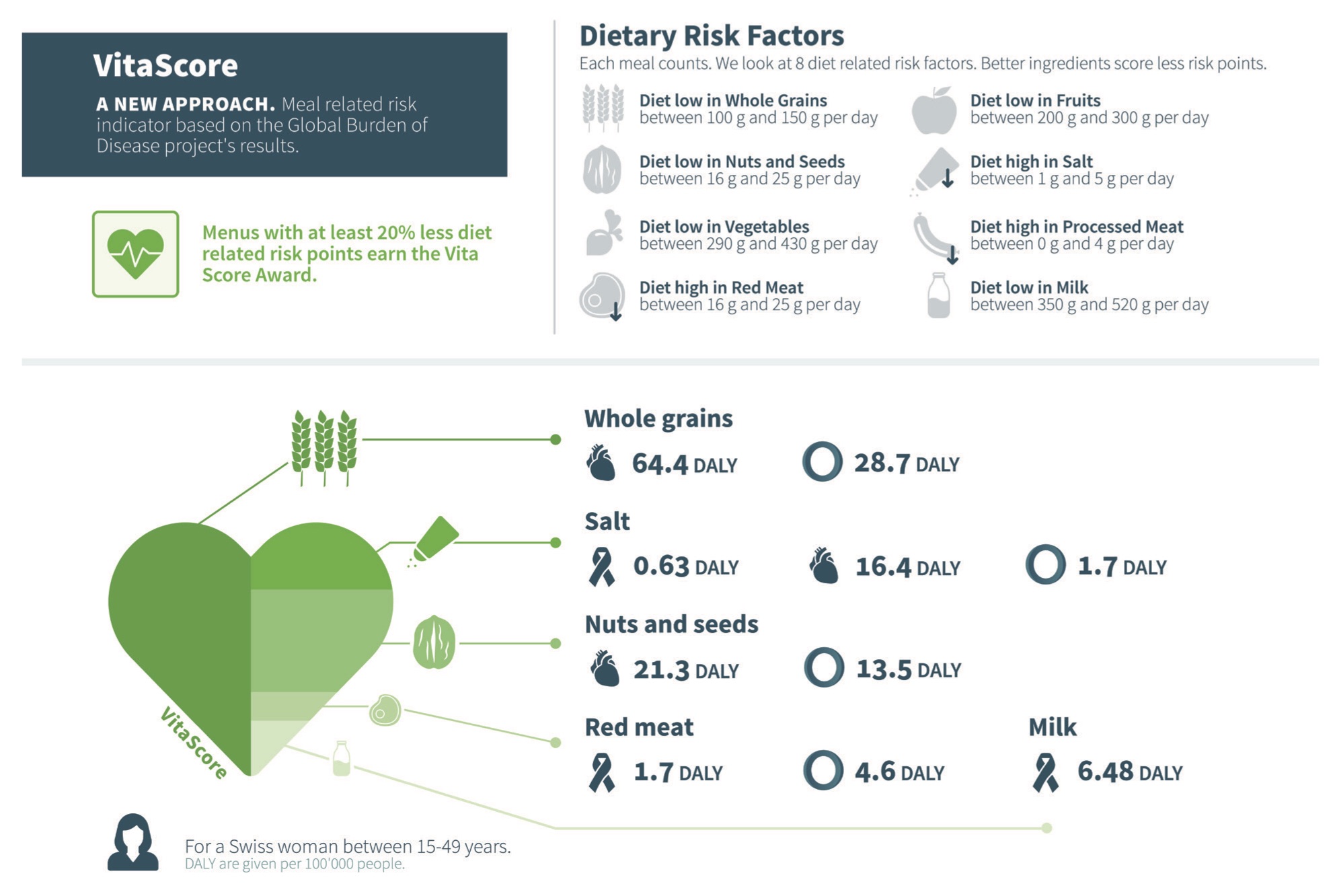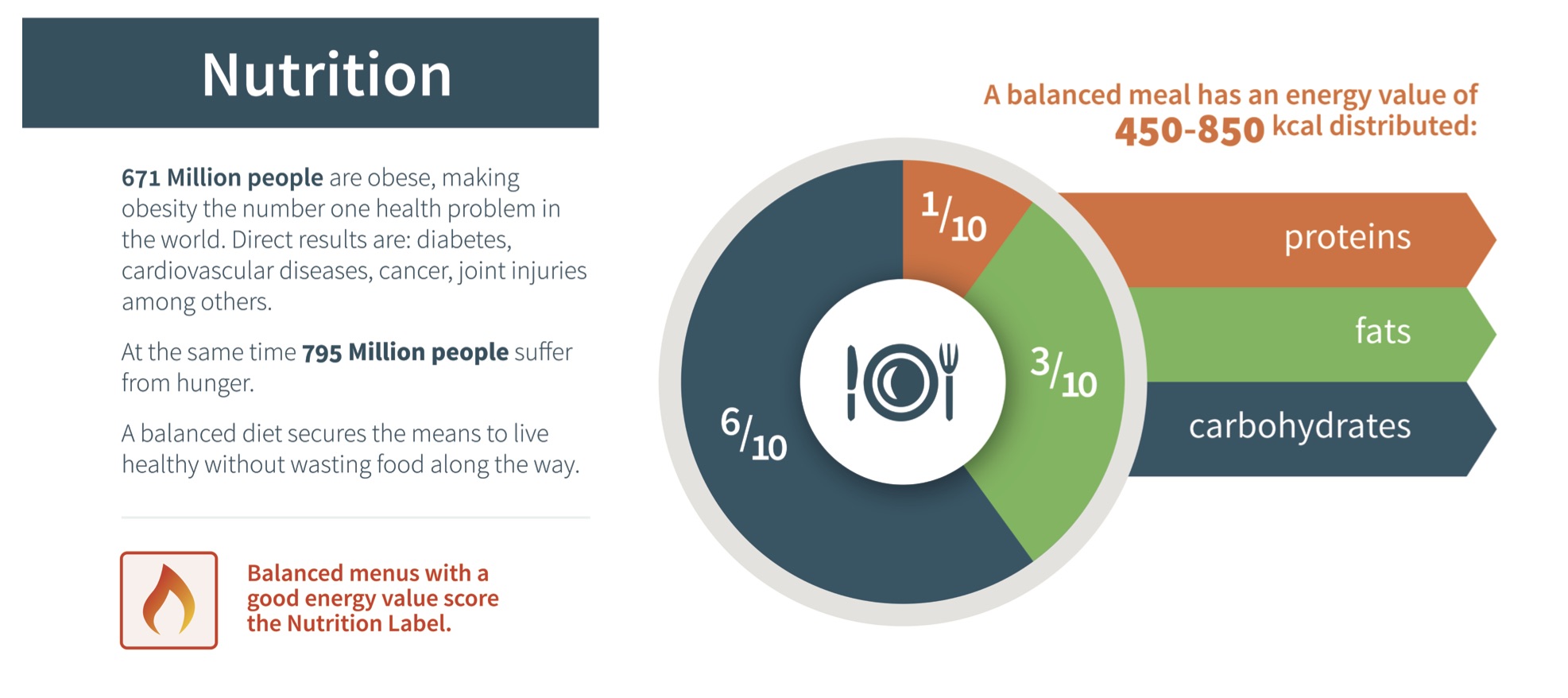| Contributors to the project: |
| Project organisation: |
Aleksandra Aleksandrowicz, Eaternity – aaleksandrowicz@eaternity.ch
Deputy: Judith Ellens, Eaternity – jellens@eaternity.ch
Siewerdtstrasse 95, 8050 Zürich |
| Advisory board: |
- Dr. Baumgartner Stephanie, Public Health Schweiz, Switzerland
- Dr. Gaillard Gérard, Agroscope, Switzerland
- Dr. Müller Claudia, Zurich University of Applied Sciences, Switzerland
- Dr. Marco Springmann, University of Oxford, United Kingdom
- Dr. Meyer Stefan, EPFL Lausanne, Switzerland
- Dr. Speck Melanie, Wuppertal Institute for Climate, Environment and Energy, Germany
- Prof. Tukker Arnold, Leiden University, Netherlands
|
| Experts and stakeholders: |
- Baumer, Beatrice, Zurich University of Applied Sciences,Switzerland
- Dr. Kapitulčinová Dana, Charles University Prague,Czech Republic
- Dr. Rohrmann Sabine, University of Zurich, Switzerland
- Stalder Urs, Bundesamt für Lebensmittelsicherheit und Veterinärwesen – BLV, Switzerland
- Walker Christie, ETH Zürich, Switzerland
|
| Made possible by: |
Engagement Migros development fund and the Global Burden of Disease Project |












